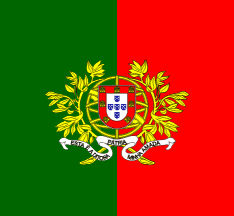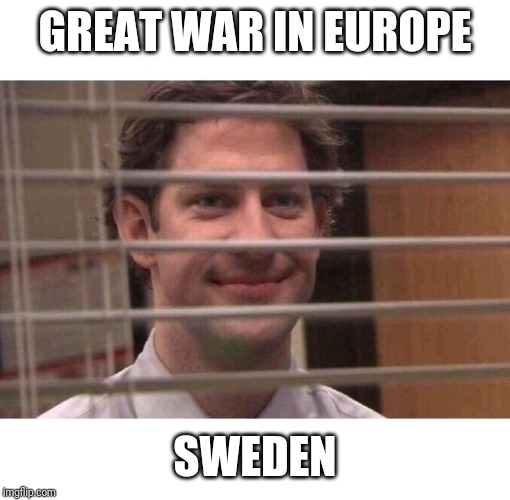The Traansval wrote:SCP Institution wrote:This maybe a dumb question, but if I understand correctly dreadnought is a type of battleship similar to the Japanese Mikasa or German Nassau. What is the point to build such gigantic behemoth ?
Small and fast ships with torpedos are better !
Basically the point of Battleships is to fight other battleships.
It makes more sense when you understand the build up of naval arms. Basically, we started with small ships, then built bigger ships to kill the small ships, and then we built even bigger ships to kill those bigger ships, etc. etc. Basically, nations build battleships because other nations have battleships, so they build them so their not vulnerable. Also Battleships can do large damage to medium sized ships and can bombard enemy ports or coastal emplacements, their basically floating artillery.
To your first question, a Dreadnought is a type of ship which features a "All Big Gun" layout. The idea is that instead of having multiple medium sized guns spread out in casemates (Think of one of the guns on the side of a WW1 British tank and thats basically a casemate, only with a fucking naval cannon in it) along the sides, Dreadnoughts featured fucking massive guns in bow (frontal) and aft (rear) turrents which could move from side to side, basically making it so that way you could fire all your guns no matter what side faced your enemy, unlike with Pre-Dreadnoughts where you could only bring half your guns on target since the other half were aimed the other direction. It also heavily maximized firepower as now you had between eight and ten massive shells heading towards your even instead of a dozen medium sized ones. Additionally, Dreadnoughts featured more armor, particullarly around the citadel (the area where the most vital parts such as the engine are located) and the turrets.
Good examples include the HMS Dreadnought, for which the class is named, and something like the New York Class for America.
That's not to say that Dreadnoughts lacked the old casemates with the medium guns.
They very much still had them. The Nassau he mentioned for instance also featured a dozen 15 cm naval guns as well as a larger number of 88s. Even if one could evade the big guns and make use of their longer reload, one would still have to deal with a whole bunch of smaller guns that, if one is a smaller and less armoured ship, do have a lot of potential to shred before you get into proper torpedo range.
Unless of course this is World of Warships were a Nassau can't prevent anything from closing in on it and engaging with it in an extended brawl.










